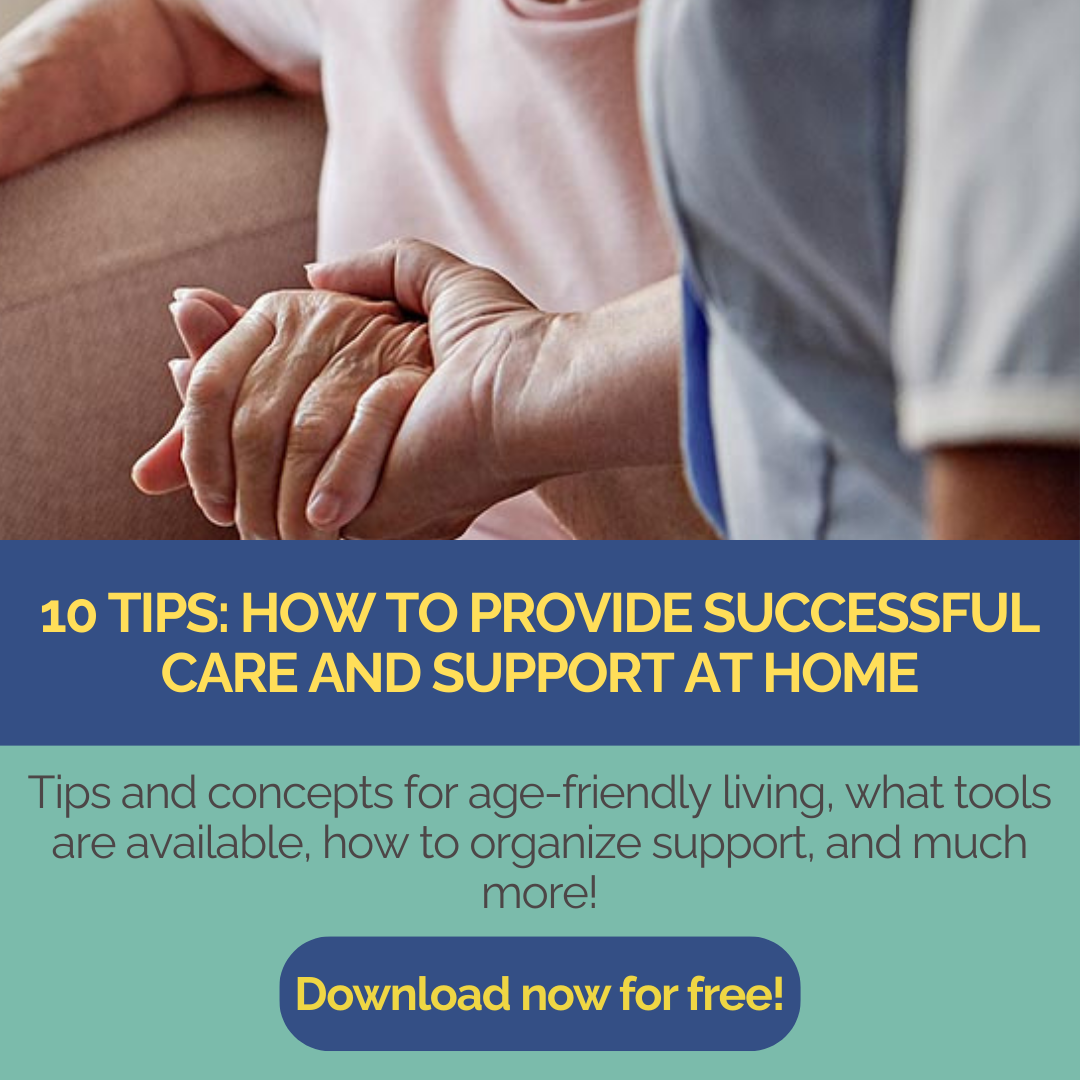Medical knowledge is more accessible today than ever before – from quick tests at the pharmacy to online health portals and genetic analyses. However, many people do not want to know certain information in the first place. A recent review by the Max Planck Institute for Human Development in Berlin shows how widespread this behavior is – and what consequences it can have.
The result: the conscious decision to “prefer not to know” is not a marginal phenomenon, but affects millions of people worldwide. The meta-analysis evaluated 92 studies and six data sets with over 560,000 participants from 25 countries. The result: almost one in three people (30%) actively avoid or delay medical information. The rate is particularly high for diseases that are currently incurable, i.e. Alzheimer’s, Huntington’s disease, HIV, cancer and diabetes.
While avoidance is less common with treatable diseases such as diabetes (24%), it increases significantly when there are few or no treatment options (Alzheimer’s: 41%).
Why people don’t want to know
The study identifies 16 influencing factors that explain why people avoid medical information. The most important ones:
Stigmatization: The fear of being judged or ostracized by others.
Information overload: Too much, often contradictory information is overwhelming.
Low trust in the healthcare system: Those who mistrust doctors and institutions tend not to want to know the results.
Low self-efficacy: People who feel they can’t change anything anyway avoid knowledge.
Gender, age or origin, on the other hand, hardly played a role.
As the Pharmazeutische Zeitung reports, this avoidance is by no means irrational. In the short term, it can be psychologically relieving not to hear possible bad news. In the long term, however, it harbors risks: diseases are detected later, treatments are delayed or opportunities for prevention are missed. It is particularly problematic in the case of cancer or dementia, where the timing of a diagnosis often determines the course of the disease.
How to prepare yourself
The fear of a serious diagnosis is understandable. But preparation can help to cushion the shock and remain capable of acting. Experts recommend five steps:
Do not go alone
Take a trusted person with you to the appointment: They can listen in, ask questions and help sort out what they have heard afterwards. This takes the pressure off – and prevents important information from being lost in the excitement.Write down questions and concerns
Write a list before your visit to the doctor: What do I really want to know? What fears do I have? This will help you stay in control – even if the situation is emotionally charged.Dose information
Results do not have to be “unloaded” in one meeting. It can be useful to agree interim reports or follow-up appointments. Small, comprehensible information packages help to avoid excessive demands.Accepting support
Psychological counselling, psycho-oncology(a specialized support service for people with cancer and their relatives to help them cope with the psychological and social stress caused by the disease) or self-help groups offer protected spaces to talk about fears. Sharing experiences with people who have gone through similar experiences is relieving and strengthens the feeling of not being alone.Know perspectives in advance
Those who know possible next steps (therapies, care options, legal precautions) feel less at the mercy of others. It’s not about playing out catastrophic scenarios, but about orientation: “If A, then B could follow.”
This turns pure fear into an attitude of preparation and self-efficacy – and the risk of completely ignoring important information is reduced.
In our view, the study is an important analysis, as there are more and more older people. Accordingly, diseases such as Alzheimer’s and cancer are on the rise. For the care of older people and the chronically ill, this means that it is not enough to make diagnoses available – they must also be acceptable.
Sources:
Konstantin Offer et al (2025): Prevalence and predictors of medical information avoidance: a systematic review and meta-analysis. Annals of Behavioral Medicine. Click here for the study
Pharmazeutische Zeitung: Many people ignore diagnoses (28.08.2025)
Author: Anja Herberth
Chefredakteurin















